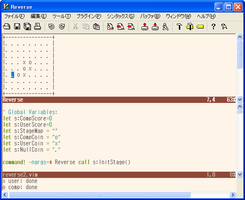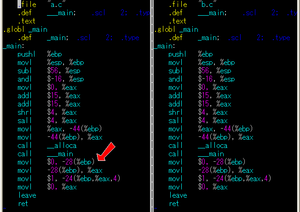The Unofficial Blosxom User Group :: Using Blosxom as Feed Generatorblosxomの開発者の一人、Gavin Carr氏がblosxomを使って面白いアイデアを出しているようです。Gavin Carr, one of the Blosxom developers, recently posted a simple yet somehow not obvious idea on his blog: He uses Blosxom to automatically generate feeds for software which hasn't feeds, in this case the network monitoring system Nagios, so that he get's all Nagios events delivered to his feed reader.
A similar yet local use of this idea is to let blosxom or a wrapper script be called by your feed reader directly. Liferea (GUI, GNOME) and Snownews (text-mode, ncurses) have this feature and there is already a big repository of plugins. The same way as those plugins are called, you can easily use blosxom as a plugin to those two feed readers so you don't need to care about how to generate RSS, blosxom does that for you. You just need to set the environment variable PATH_INFO to
/index.rssbefore, e.g. by calling blosxom like this:env PATH_INFO=/index.rss blosxom.That way I currently monitor the NVidia Unix Drivers Portal Page for changes, using this script, the libwww-perl (LWP), wdiff, a little bit of Perl glue and of course Blosxom. (In this case I use Debian's version of Blosxom which is able to have several configuration per installation by adding a -f flag for config files.)
Hackery :: Blosxom4Nagiosと題した記事に記されている中では、Nagiosというモニタリングシステムの結果をフィード化するにあたり、snownewsやLifereaといったクライアント向けフィードリーダのフィード読み込みコマンドを利用するという例が紹介されています。
実際には記事の中で紹介されている、changes2rss.plというperlスクリプト内からblosxomを実行し、結果をRSSとして出力するという代物です。
なかなか面白いアイデアですね。フィード読み込みコマンドをサポートしているフィードリーダでしか有効ではないですが
- 情報収集
- システム監視








